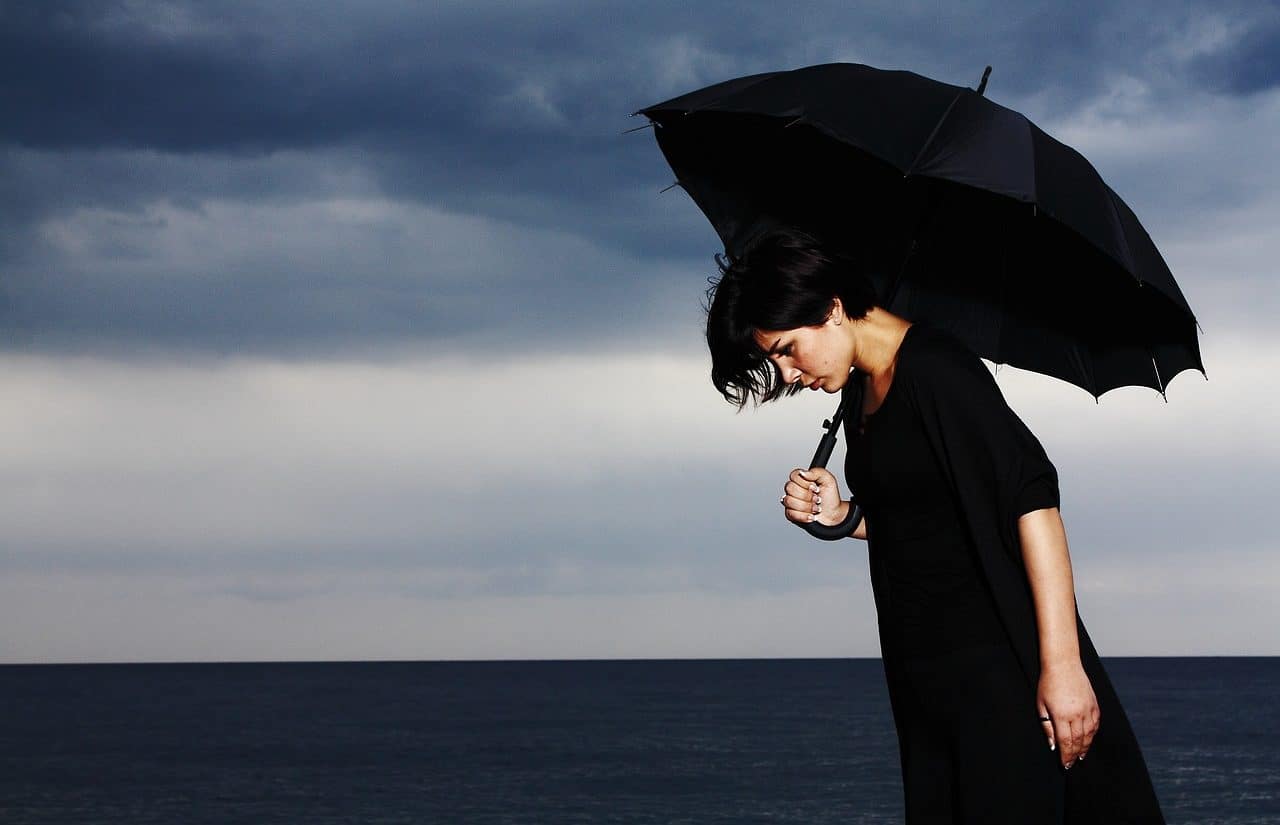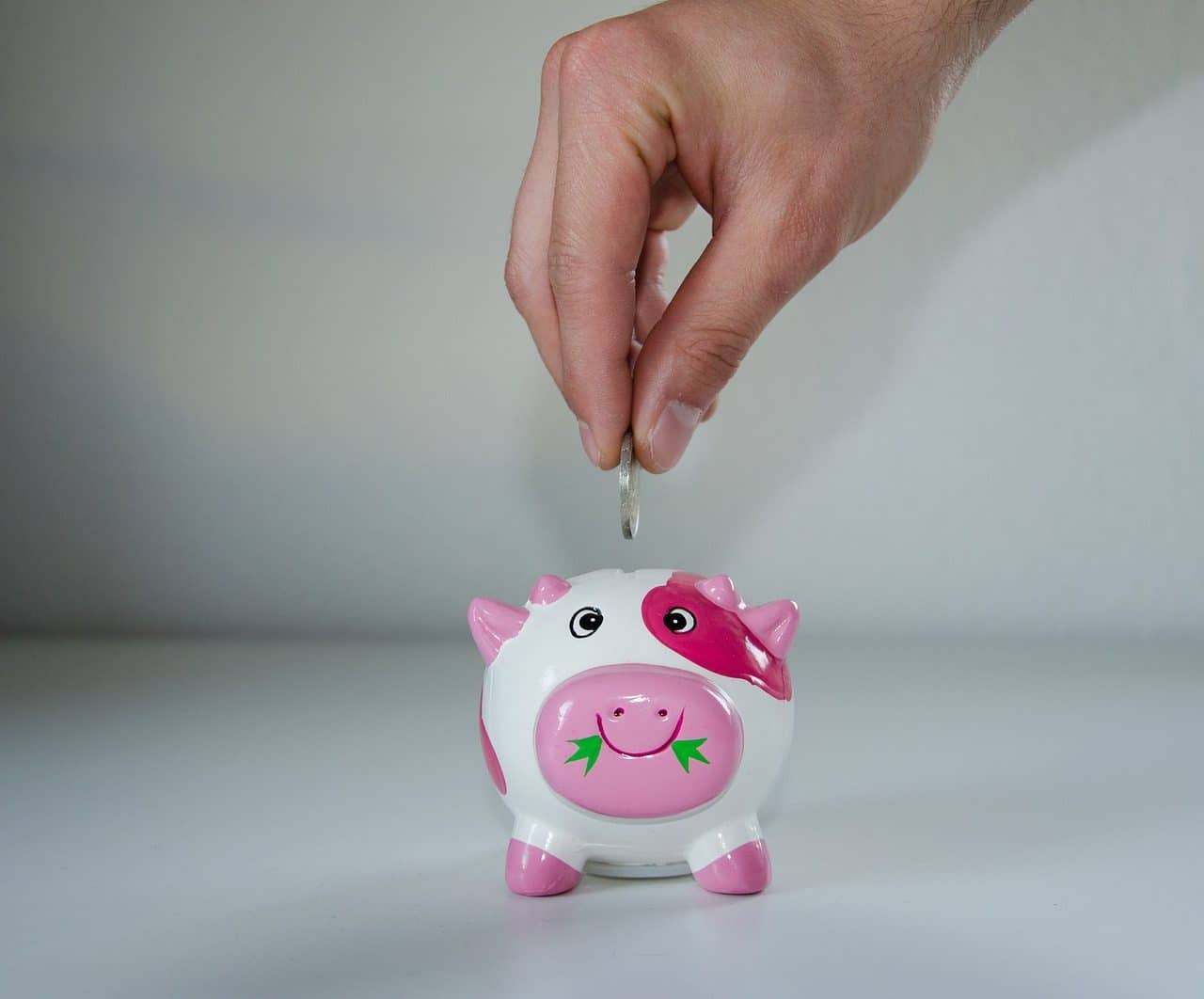
Someone cautious tries to avoid damage or inconvenience.
Cautious is an adjective used to describe a prudent person, who behaves with caution to avoid risk or possible damage. For example: “You have to be cautious with money and save in case an emergency arises,” “I travel calmly with you because I know you are a cautious driver,” “If Juan had been more cautious, he would not have gotten hit like that.”
The opposite of cautious is reckless or imprudent . Suppose a person must travel on a mountain road that is covered in snow. If she is cautious, she will put chains on the wheels of her car and drive at a slow speed. On the other hand, a reckless person would not worry about speed or take any action regarding the presence of snow on the road.
Examples of cautious behavior
In the field of football , a team that allocates many players to defensive tasks and whose strategy tends to think more about protecting its own goal than attacking the opponent's goal is usually called cautious.
The concept of cautious also appears in relation to money management. The cautious individual is one who does not spend more than he has and who saves when he has excess income. Your intention is to have resources to face unexpected expenses that may arise in the future. People who are not cautious, on the other hand, frequently incur debt.

A cautious individual tends to save to be in a position to face unforeseen expenses.
The social view
Although being cautious is often considered a positive quality, excess caution in decision-making can also be linked to fear and a lack of courage. Especially when extreme caution occurs in relation to the use of money, it can become an obsession that prevents one from enjoying life peacefully and leads to a constant state of worry and fear of losing everything, even when this is not likely. .
Without having to constantly go into debt, there are many people who try to enjoy their salary by treating themselves regularly, to give more meaning to the effort they make in their job; Depending on each person's hobbies, buying a music album, a movie, going to the theater or going out to eat with some frequency is not a sign of lack of responsibility, but rather a sign of wanting to relax and relax making a well-deserved use of one's money. . An extremely cautious individual, who saves for the sole reason of not spending, runs the risk of dying before taking advantage of his savings.
Differences between cautious and preventive
The terms cautious and preventive are often confused, and the dictionary does not do its best to differentiate them properly, as it defines the latter as "someone who prepares to face a situation or harm in advance." At first glance, if we look at the example of the car that must travel on a snowy road, explained a few paragraphs above, it could well be said that placing chains on the wheels corresponds to an act of prevention; and we are probably right.
Therefore, it is correct to point out that certain actions can serve to qualify a person as cautious and preventive at the same time. However, delving deeper into the meanings and nuances of these words we find that, while the cautious person arms themselves to face a real situation , the preventive person assumes that it may take place in the future and for that reason prepares to overcome it.
So, the driver who always carries chains with him in the trunk of his car, in case one day he unexpectedly finds himself on a snowy road, is preventive, since the decision to have the resource to improve the traction of his vehicle is made not knowing if one day he will really need it.
